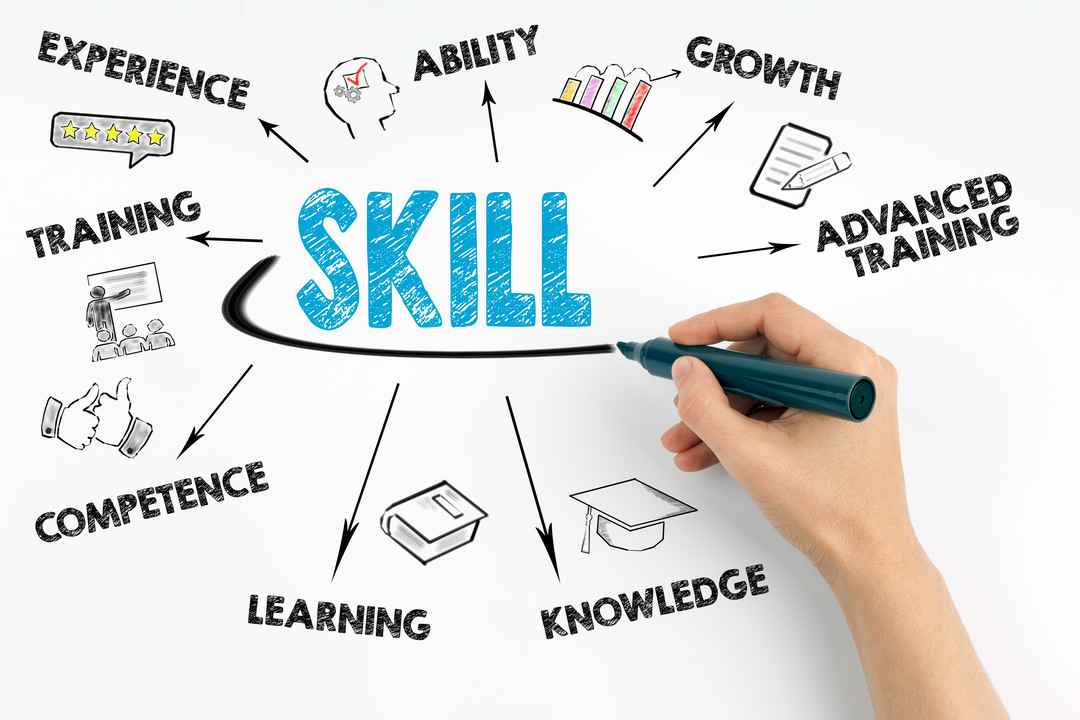A new report titled Skills for the Future – Transforming India’s Workforce Landscape, released by the Institute for Competitiveness, delivers key insights into India’s evolving skill dynamics. With data drawn from the Periodic Labour Force Survey (PLFS), the report emphasises the urgent need to align education and vocational training with real-world industry demands to drive Future Workforce Development.
India’s Skills Landscape: A Current Snapshot
The report reveals that nearly 88% of India’s workforce is employed in low-skill jobs, while only 10–12% are engaged in high-skill roles. This stark contrast underscores a pressing skills-employment mismatch. Addressing this gap is essential for building a capable and future-ready workforce.
Prioritising Key Sectors for Vocational Growth
Five sectors emerge as focal points for vocational training:
- Information Technology and IT-enabled Services (IT and ITeS)
- Textile and Apparel
- Electronics
- Healthcare and Life Sciences
- Beauty and Wellness
These sectors currently account for over 66% of all vocational training in the country. Enhancing training in these domains is critical for improving youth employability and promoting inclusive Future Workforce Development.
Regional Hubs of Opportunity
Using a Competitiveness Framework Analysis, the report identifies five high-potential regions that show promise within these key sectors. By strategically investing resources in these regions, training initiatives can be more effective and responsive to industry needs.
Data as a Driving Force
With PLFS data as a foundation, the report calls for a dedicated data infrastructure to continuously monitor training outcomes, certifications, and skill trends. A data-driven approach is fundamental to ensuring evidence-based policymaking in skill development.
Strategic Recommendations for a Future-Ready India
To prepare India’s youth for tomorrow’s challenges, the report proposes:
- Developing a national employability index to assess training effectiveness.
- Offering incentives to industries that hire from certified training programs.
- Encouraging market-relevant, industry-led training initiatives.
These steps are essential to building a resilient ecosystem for Future Workforce Development.
Embracing Informal and Experiential Learning
Beyond formal education, the report highlights the role of informal and experiential learning in bridging the education-employment divide. Recognising diverse learning pathways is vital for inclusive growth and for preparing the workforce for a fast-changing job market.
Final Thoughts
The Skills for the Future report outlines a clear roadmap for India’s Future Workforce Development. By addressing skill gaps, leveraging data, and reimagining training systems, India can empower its workforce and ensure economic resilience in the decades ahead.



